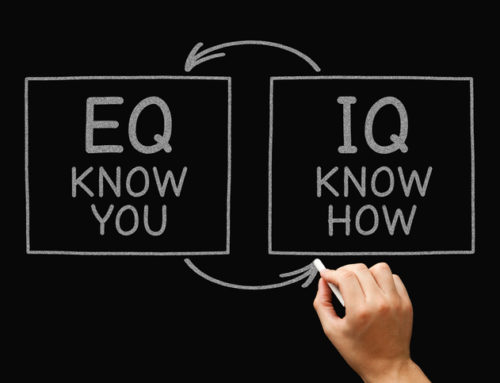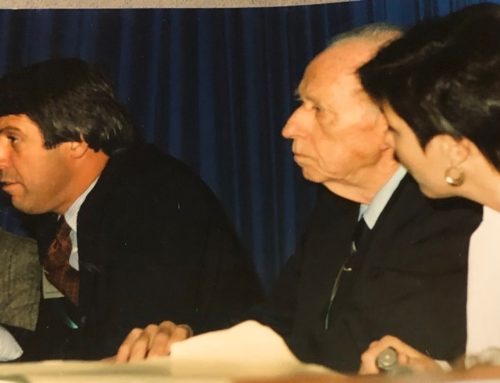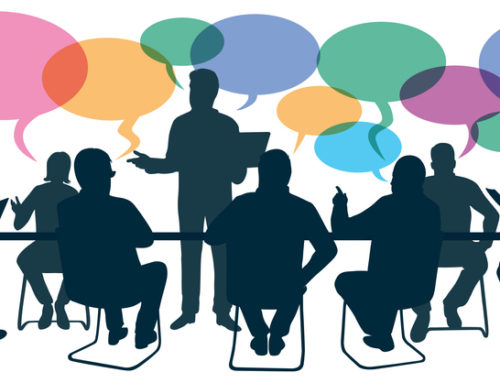by David Bork
I didn’t get to Boston in time, and for that I am sad…
I first met Norman Paul, MD, at a professional meeting in 1986. We both were sitting in the back of a conference room and he coveted my copy of the New York Times. I jokingly responded, “What’s the problem? Are you to cheap to buy your own copy?“
That exchange marked the beginning of a wonderful, mutually enriching relationship. Norman was born in 1926, eleven years ahead of me. He called himself a “recovering psychiatrist.“ That meant that while he was grounded in his profession, he had long since stopped functioning in the traditional manner that characterizes nearly all of his more traditional colleagues.
Norman’s thought process knew no boundaries. He was creative, inventive, curious, and a voracious reader (He had 8,000 — 9,000 books in his library and had read them all!) Those qualities, coupled with genius-level intelligence, made for one extraordinary human being AND a very insightful professional. Inthe course of my long history serving families in business, I worked with Norman on many occasions to assist in unlocking the complex issues that block progress in so many families.
“We are blind by design,“ he would say, and then elaborate on how our eyes are positioned to see what is before us. We can’t see ourselves and are often totally unaware of our behavior and our impact on others. To compensate for this “design flaw,“ he would videotape people speaking about matters that concerned them. This often meant they would speak about a family member who had been identified in advance as a person of concern. Suppose the subject had problems with his/her father. Norman would have given the instruction to bring a photograph of the father. While the subject is speaking about the father who had this sometimes overpowering impact, Norman would be “fussing“ with the video equipment. He would capture the image of the parent and superimpose that image on the face of the subject who continued speaking about the impact of the father.
After an appropriate time period, the subject would view the video of his concerns about his father, including the segment with the superimposed image of the father. While this was all happening, Norman would create a split screen and begin filming the subject, watching himself. This meant that half of the screen was the initial segment and the other half was the simultaneous recording. When this was finished, the subject would again watch the video but this time it was the initial discussion with the sideby-side record of his/her reaction to what he/she was saying. Norman created a method of “seeing what we can’t see,“ and thus, “knowing what we don’t know.“ Use of this methodology unlocked relationship mysteries for many people.
I arrived in Boston on October 10, 2011 in the early afternoon. The plan had been for me to visit with Norman that day, but he was too ill for visitors. His condition did not improve and Norman died on Saturday, October 15. For me and many others, it was as if a giant had passed from our midst. Norman was my elder, my mentor and my friend. While he is gone, his wisdom lives on in the countless people whose lives he influenced.
This experience with Norman reminds me that everyone, including those in family enterprise, needs wise elders who serve the same functions that elders provided in both ancient and modern “tribes.“ Recently, I had the pleasure to work with two brothers with very substantial wealth that originated from the sale of the family enterprise. Between them they have 8 children and those 8 each have spouses. There is no history of “elderhood“ in this family. The children are confused about the money and confused about their roles as inheritors of substantial wealth, wealth such that if they so choose, they also never have to work to sustain themselves. For this family, we created a profile of the elder they need and a process for the brothers and their wives to function in that role.
Here is that family’s Elder Profile:
- Elders let family members know they are “there“ for them.
- Elders stay above the fray, move to wisdom and then act appropriately.
- Elders do not succumb to “chatter“ in the family; they maintain their focus on the role of the Elder.
- Elders initiate in a responsible manner.
- In every interaction, Elders treat individuals with respect and don’t make the individual feel “one down“ in the transaction.
- Elders are good judges of what and how much information to use/give in any situation.
- Elders have wisdom, and can forecast or predict needs and opportunities.
- Elders recognize the emotional needs of family members.
Elders have the capacity to focus on what is important and not be distracted by the “chaff“ or “chatter“ as indicated above. This becomes a manifestation of wisdom and enables others to take “the long view“ on matters. I do this with many of my clients; and, while referred to as an advisor or consultant, I am literally serving in the role of Elder.
Every family has a legacy that they would like to preserve. That preservation process doesn’t happen by itself. It requires elders to tell the stories of how the legacy began, the people who nurtured that legacy to make it grow and the positive potential that exists as a result of keeping it alive.
When a family business has been owned for generations, the family has story after story about the ancestors’ efforts to maximize the value of the asset, and thus, enhance the lives of the family.
Norman and I were not related biologically but we were men of the same spirit. We thought alike, we laughed a lot at ourselves and we were passionate about serving our clients. We both have certain “crusty“ qualities that help us not take ourselves too seriously. This quality is useful to everyone. I am grateful for the years Norman and I had to work together and for the lessons I learned from this wise man. He was my mentor*, my elder and my friend.
Barry Barkan, founder of the Elders’ Guild, www.agingincommunity.com., has this definition of an elder:
An elder is a person who is still growing, still a learner, still with potential, and whose life continues to have within it promise for and connection to the future An elder is still in pursuit of happiness, joy and pleasure, and her or his birthright to these remains intact. Moreover, an elder is a person who deserves respect and honor and whose work it is to synthesize wisdom from long life experience and formulate this into a legacy for future generations.
If you are a “person of a certain age,“ then perhaps you are in a position to be an elder in your “tribe.“ Ask yourself these questions:
- Are you still growing?
- Are you still learning or has that stopped for you?
- Are you oriented toward the future and the positive possibilities that it offers?
- Are you actively pursuing happiness, joy and pleasure?
- Are you making new friends as those from the past disappear?
- Are you sharing your wisdom with others?
- What is your legacy for future generations?
If you can affirmatively answer all of these questions, then it is quite likely you are a sought-after mentor, a wise elder and a “juicy“ person that younger people seek out for conversation. If these do not apply to you, then you have a lot to think about, for these elderhood qualities are the same profile of the person who ages with style, grace and power. It is your call…
*In my next column, I will discuss the mentor relationship in family enterprise.
Does Your Family Business Need Help?
Family Business Matters has extensive experience assisting family businesses. With many decades of experience, we understand the wide variety of challenges that families face as they work together to build, grow and sustain a thriving family business generation after generation. Through conferences, continuing education programs, family business retreats, speaking engagements and private family business consulting services, Family Business Matters has assisted more than 450 family-owned businesses around the world chart their way through family business issues of all shapes and sizes.
Contact Us
For more information on how Family Business Matters can help your family business survive and thrive, please contact us today at (970) 948-5077.






